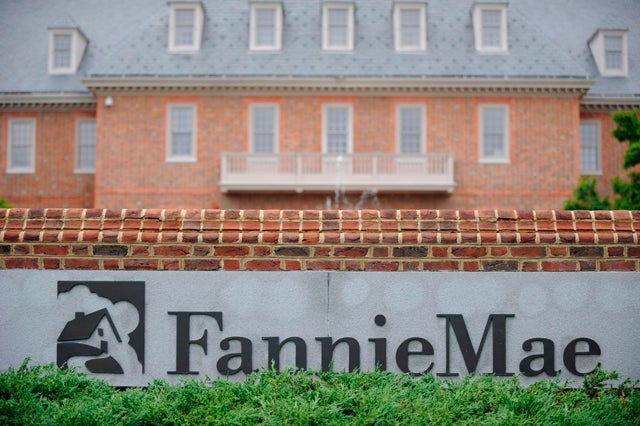GSE Reform: Fannie and Freddie Revenue Distracting from Housing Finance Reform
John Ligon / Filip Jolevski /
Despite what a growing number of voices are postulating, Fannie Mae and Freddie Mac have not returned to profitability.
The two former government-sponsored enterprises (GSEs) are generating revenue, but it’s not because the U.S. housing finance system has been fixed. The three main reasons the GSEs are flooding the Treasury with money are:
- The federal government is now explicitly backing Fannie and Freddie’s operations. The implicit nature of the government guarantee these firms used to operate under is completely gone.
- The government conservator running the GSEs has steadily increased the guarantee fees charged to mortgage lenders for insuring mortgage-backed securities.
- Home prices have rebounded in several geographic markets.
To date, Fannie and Freddie have transferred $185.2 billion to Uncle Sam in return for its continued guarantee of doing business.
While this transfer of funds could easily be misunderstood as a repayment mechanism for the 2008 federal bailouts, the fact of the matter remains that the U.S. government continues to own $188 billion worth of GSE senior preferred shares (financial instruments with characteristics of both debt and equity). Under current law, none of the funds being generated by the GSEs can be used to repay the initial bailout, and doing so will happen only when the U.S. Treasury finally liquidates its entire equity stake in Fannie and Freddie.
The problem is that those stock purchase agreements failed to include any mechanism for undoing the bailout. As The Wall Street Journal recently wrote:
The agreement doesn’t provide any mechanism for Fannie and Freddie to buy back the government’s senior preferred shares, which now total $188 billion. If it sounds like Fannie and Freddie are making interest payments on a loan that can’t ever be repaid, that’s because they are. So any discussion of “repayment” needs this disclaimer: Even once Fannie and Freddie have paid $188 billion in dividends, they’ll still owe $188 billion.
As long as even a modest recovery in home prices continues, Fannie and Freddie will most likely generate a steady stream of income to the Treasury, making it less likely the Obama Administration will undo the bailout agreement.
The Federal Housing Finance Agency should remain focused on reducing the GSEs’ role in the housing market during federal conservatorship, and Congress should pass meaningful housing finance reform by shutting down Fannie and Freddie. The housing sector does not exist to fund the U.S. Treasury’s deficit spending, and taxpayers should not be forced to finance the failed GSEs.

